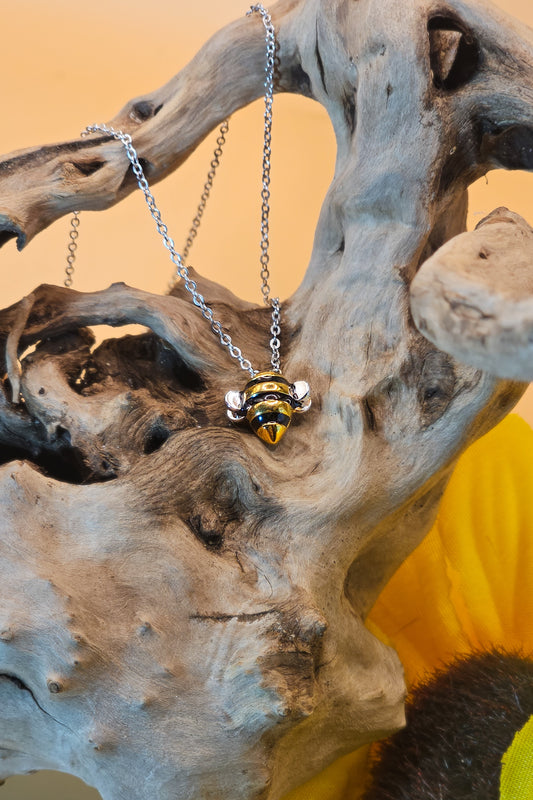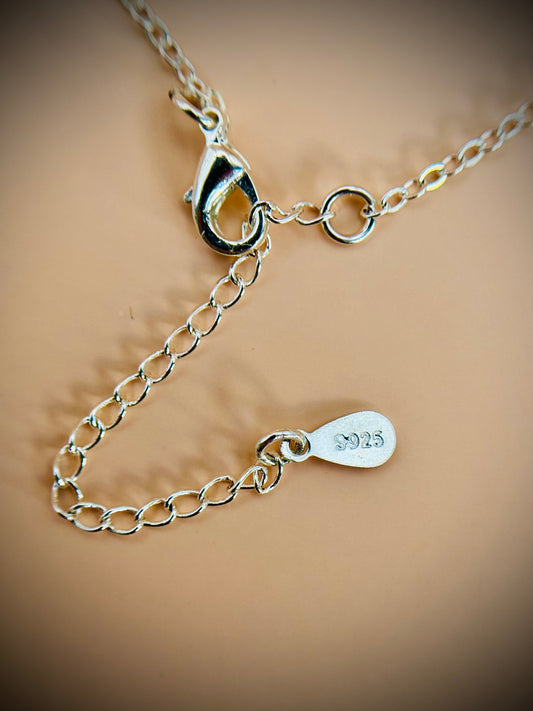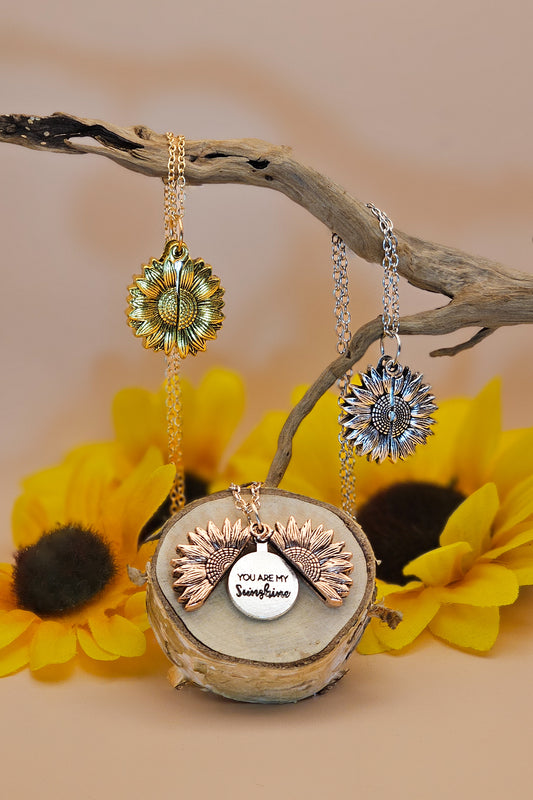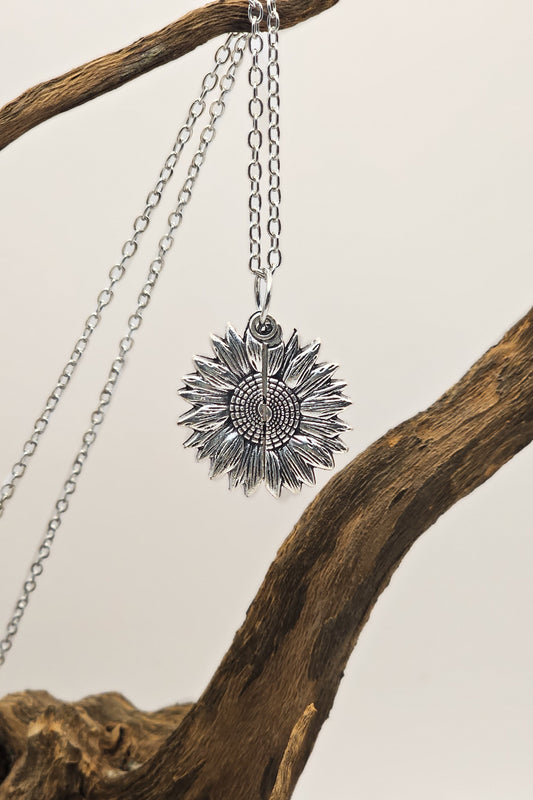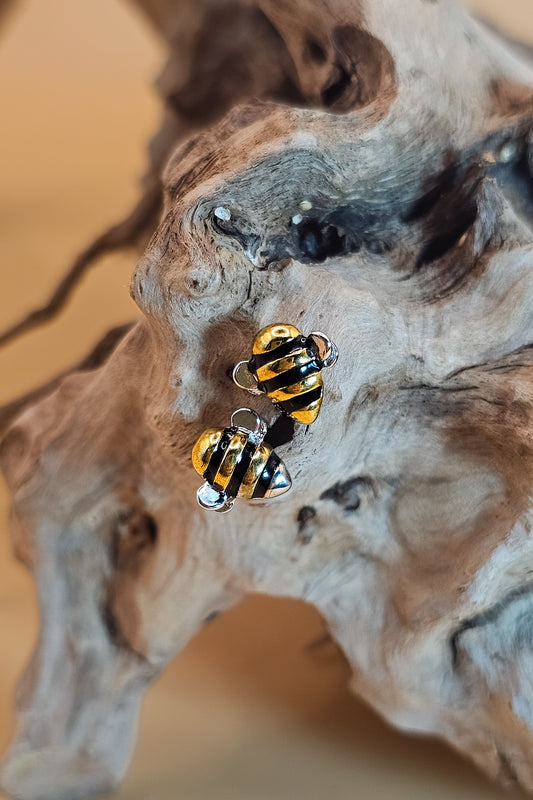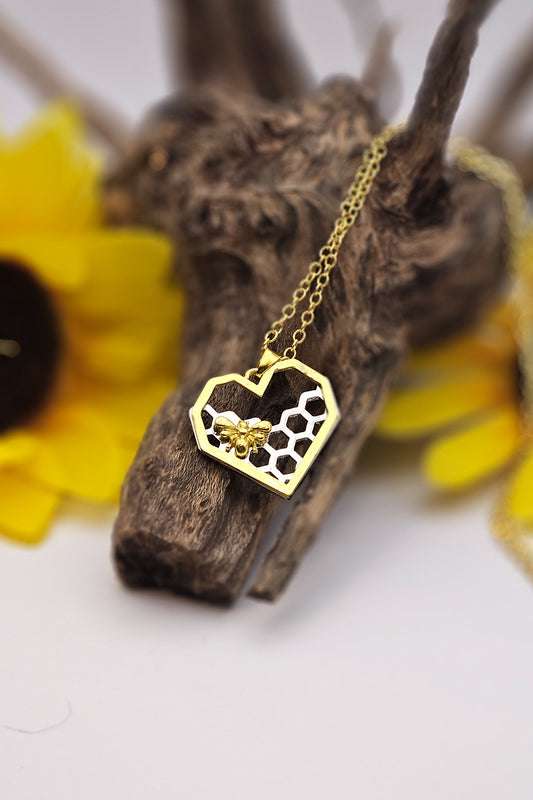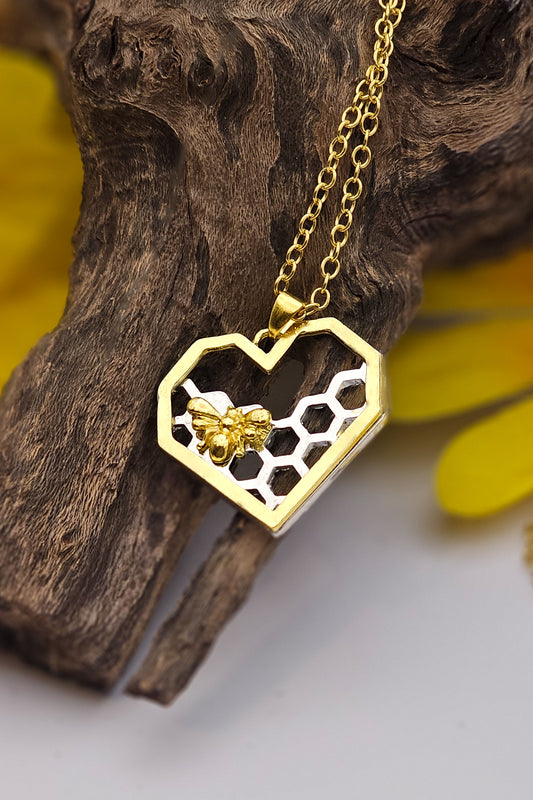Tai Tokerau Miere is a group consisting of honey entities in the New Zealand Northland. It is hosting its third hui, or assembly, at Ngunguru Marae on October 23, 2019 at 10:30 am. Subject: the definition of mānuka honey.
Individual beekeepers in the honey collective have been burdened by the financial losses attached to the definition of mānuka honey that was introduced in December 2017 by the Ministry for Primary Industries (MPI) and they want it changed.
It began with good intentions, to define and authenticate manuka honey so global trading partners needn’t worry about non-manuka honey being exported as manuka. Unfortunately, it has created unforeseen hardships that need to be rectified.
An industry that looked like it was offering Northlanders the chance to earn a good living from Māori land, and a way out of poverty, ended up harming them due to regulations that don’t take regional diversity into account. Combined with the fact that the weather has adversely impacted beekeeping for three years straight, many small beekeepers have given up.
This 3:58 minute silent video shows the beautiful land and the sweet bees of the New Zealand Northland honey producers.
The current burdensome but official definition is based on the presence of DNA from manuka pollen and levels of four marker chemicals in the composition. The definition of mono-floral manuka honey requires that the marker referred to as 2-MAP, or 2-Methoxyacetophenone, be present at a minimum measurement of 5mg per kilogram.
A beekeeper and farmer named Jim Ngawati is the owner of Ngabush Honey at Pokapu, near Moerewa. Before the official definition of manuka, his honey was selling for $35-$40 per kilo. The definition excluded his honey from qualifying to be called manuka, so he was lucky to get $12 per kilo for it. He decided to focus on farming and put his honey away for the future when prices might improve.
Adding insult to injury, what really upset Ngawati was that the big producers could come in and buy his demoted manuka honey that was classified as non-manuka honey and mix it into a blend with clover honey. This would be tested and approved to be defined as multiflora manuka honey.
Ngāti Hine was so optimistic by the government’s Billion Trees Program that he trained young men to plant over 400 hectares of scrubby unproductive tribal land with manuka. What looked like real opportunity was soon squashed.
A beekeeper from Pataua North by the name of John Craig is a former professor and he manages Ngāti Hine's honey operation. He is a member of Te Tai Tokerau Miere. He says that this stringent definition cuts out nearly fifty percent of Northland’s mānuka honey crop because the manuka honey all over the country of New Zealand has tested as genetically diverse, and the Northland honey is particularly low in 2-MAP.
He speculates that this could be due to different climates in parts of the country, with Northland having warmer weather. If the chemical marker is water soluble it could disappear in the heat. They just don’t know what’s at the root of the matter.
The classification definition therefore impacts farmers unfairly on a geographic basis. Even though bees may have nothing but manuka to eat, the honey they produce might be low in the chemical 2-MAP and therefore not qualify as manuka.
This has an enormous detrimental impact on beekeepers since top-grade manuka honey goes for $70 per kilo in comparison to non-manuka which sells for less than $20 per kilo. Although unintentional, this definition is causing financial hardship to some beekeepers who can hardly make ends meet, while for others their honey is as good as liquid gold.
The chairman of Tai Tokerau Miere, Pita Tipene, seeks an interim definition that is more inclusive of all beekeepers as well as international customers. He has observed that the worst hit beekeepers are the small honey producers in Northland, and that unlike the bigger players, they simply don’t have the financial resources to mix different honeys to fit the new multiflora definitions. They invested everything they’ve got into set up their own plant, but their value was slashed by half overnight.
He is conscious of the need to protect the term manuka and to integrate Matauranga Māori, which is the wisdom, knowledge and awareness of all things visible and invisible that exist in this universe, into the process.
Up to now this has not happened.
If you have anything to share about the outcome of the October 23rd hui or the Northland honey producers, please share with us on our Facebook page!


